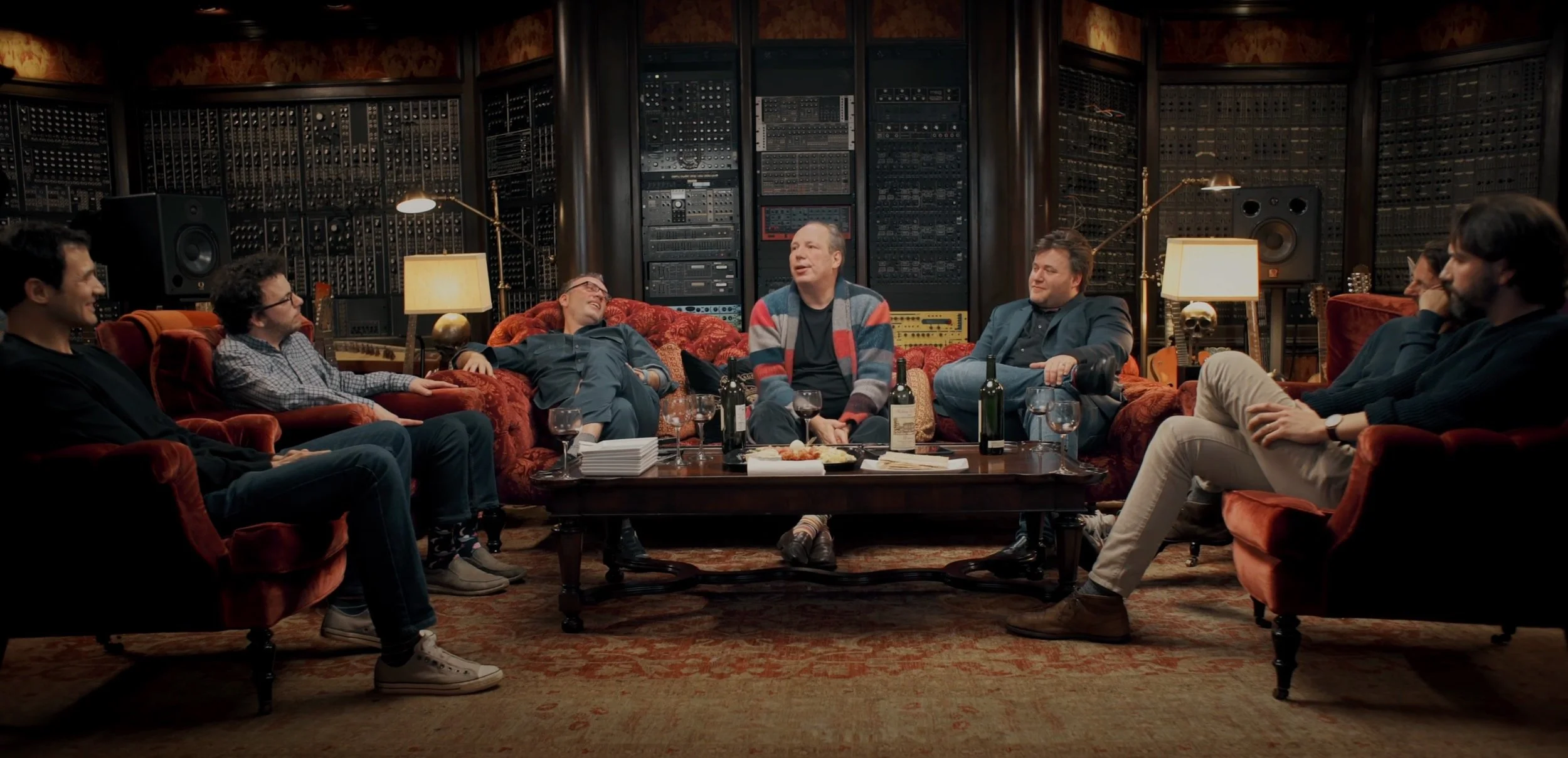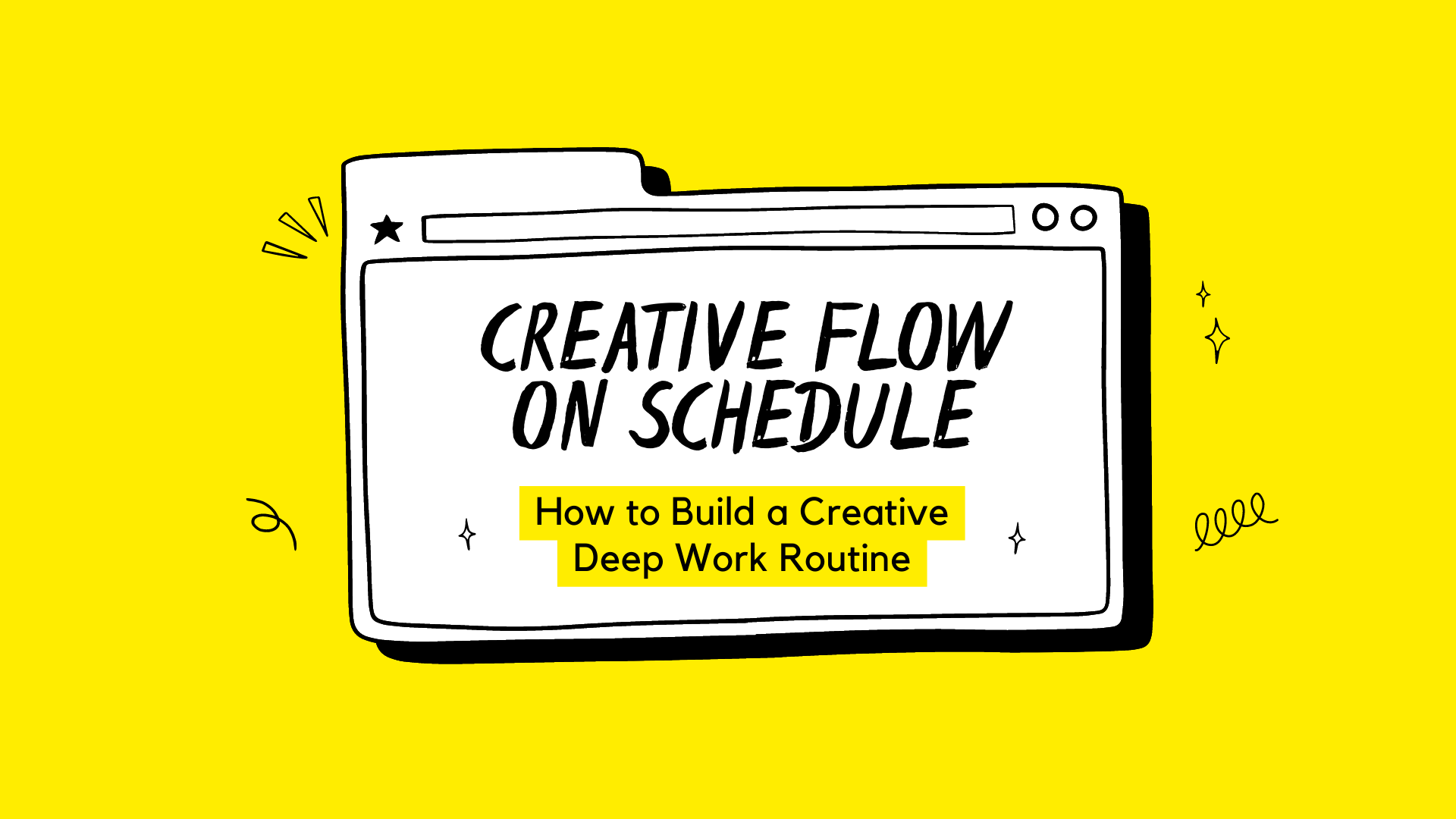Before he was the drummer in Nirvana, before he was the frontman of Foo Fighters, Dave Grohl was just a punk kid drummer from Virginia who loved music and wanted to make it his life.
Obsessed with music, he spent all his time learning the music of his heroes, practicing in his room, playing drums on pillows, listening to their recordings again and again. He learned directly from the recordings until he could play them all—every thundering drum roll, every crash, every hit.
He dreamed of one day getting to play with his heroes—literally dreamed about it.
Read More















